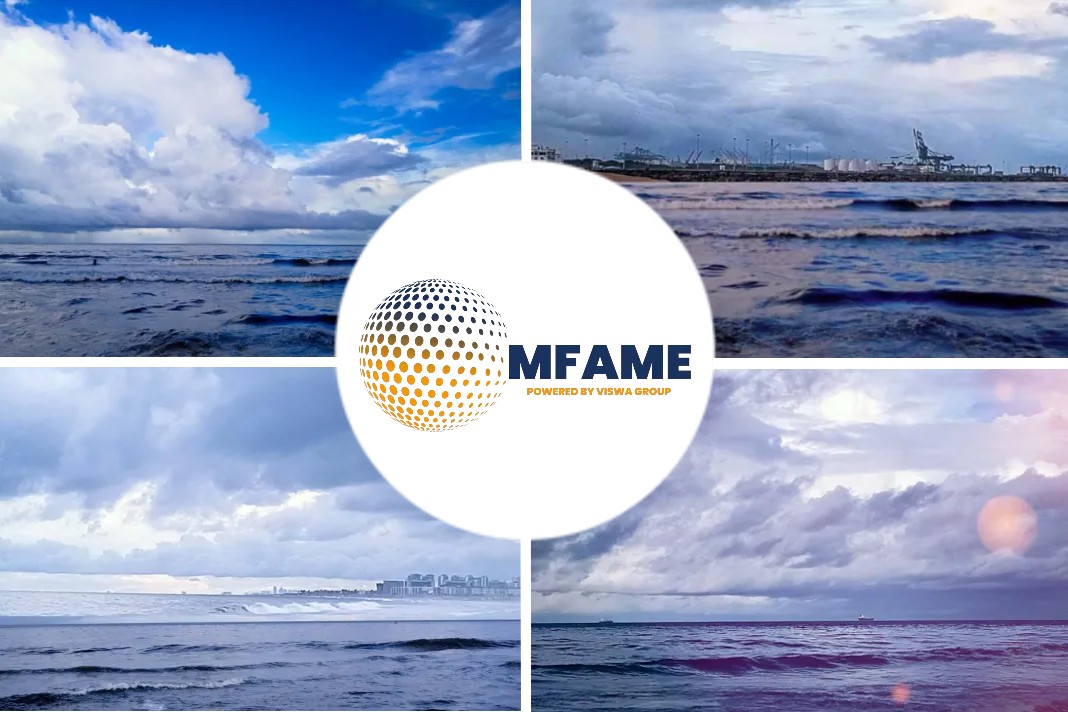
Hydrogen and methanol are moving ahead within the cruise ship sector as operators reveal they will use these fuels going forward.
Boundless Class Ships
Panelists OSK ShipTech managing director Anders Ørgård Hansen and Northern Xplorer chief executive Rolf Sandvik explained their fuel choices at Passenger Ship Technology’s webinar Cruise Ships: Navigating the path to net zero emissions. OSK ShipTech is working on the new Boundless-class ships for SunStone Ships. Mr Ørgård Hansen said, “The ships we engage with are all operating on different operational restraints and on zero emissions – it is very important to choose the right fuel based on the best-as-possible prediction of the future operations of the ships. The operational profile determines storage and that has a huge impact.”
He explained the Boundless ships are designed prepared for methanol. “We believe this is the most likely fuel for Arctic operations where the ships will be deployed. We are fully aware other operators in other areas have the benefits of other fuels like hydrogen, but for these ships we look at methanol, waste-heat recovery and battery-hybrid propulsion. “We see the electric grid and battery hybrid as key fundamentals for future proofing for these ships; the fundamental is about keeping as many options as possible open at a later stage and that means the electric grid is essential for having ships in operation in the future. We used a DC grid to put all the things together on board the ship.”
Optimize CO2 Footprint
He said OSK ShipTech looked at how to optimize the CO2 footprints of interior design and was applying this to the Boundless-class ships. Showing the audience a rendering of a Boundless stateroom cabin, he said the company had done some interesting calculations of CO2 emittance from such a cabin. The ceiling accounted for 20% CO2 emissions from the cabin, followed by the bed at 17%, carpet 11% and leather at 10%. Mr Ørgård Hansen summed up, “These examples underline that when making a decision to build a zero-emissions ship, the next target is to get a data-driven approach to the design philosophy.” Mr Sandvik unveiled Northern Xplorer’s plans for its fleet. In September 2022, Northern Xplorer signed a letter of intent with Portuguese shipbuilder West Sea for the construction of its maiden vessel, with delivery slated for the start of the 2025/2026 cruise season. DNV will class the vessel and Multi Maritime is designing the ship.
Alluding to the 2026 legislation that will mandate shutting out all ships using fossil fuels from sailing in Norway’s vulnerable regions, such as the fjords, Mr Sandvik said, “The 2026 legislation kickstart our project and while it was not because of this we started, we as an industry have to look at possibilities the technology makes available for us and also at what customers want in the future – travel with a smaller footprint.” Homing in on why the company is focusing on Norway, Mr Sandvik said, “The infrastructure is hydrogen-ready – the push from politicians is quite substantial and we can see the majority will be in production and deliver hydrogen to ships. One of the facilities is in the Unesco World Heritage Fjords and will deliver hydrogen this year, so it is happening.
Highlighting his key takeaway from the webinar, Mr Ørgård Hansen said, “The industry is waiting for a phenomena – owners are sitting and waiting to see which is the winning fuel. But my key message is the decision is not going to be taken at all [on the winning fuel] – it depends on how you operate the ship and how you operate the business model around the design.”
Did you subscribe to our newsletter?
It’s free! Click here to subscribe!
Source: Rivieramm























